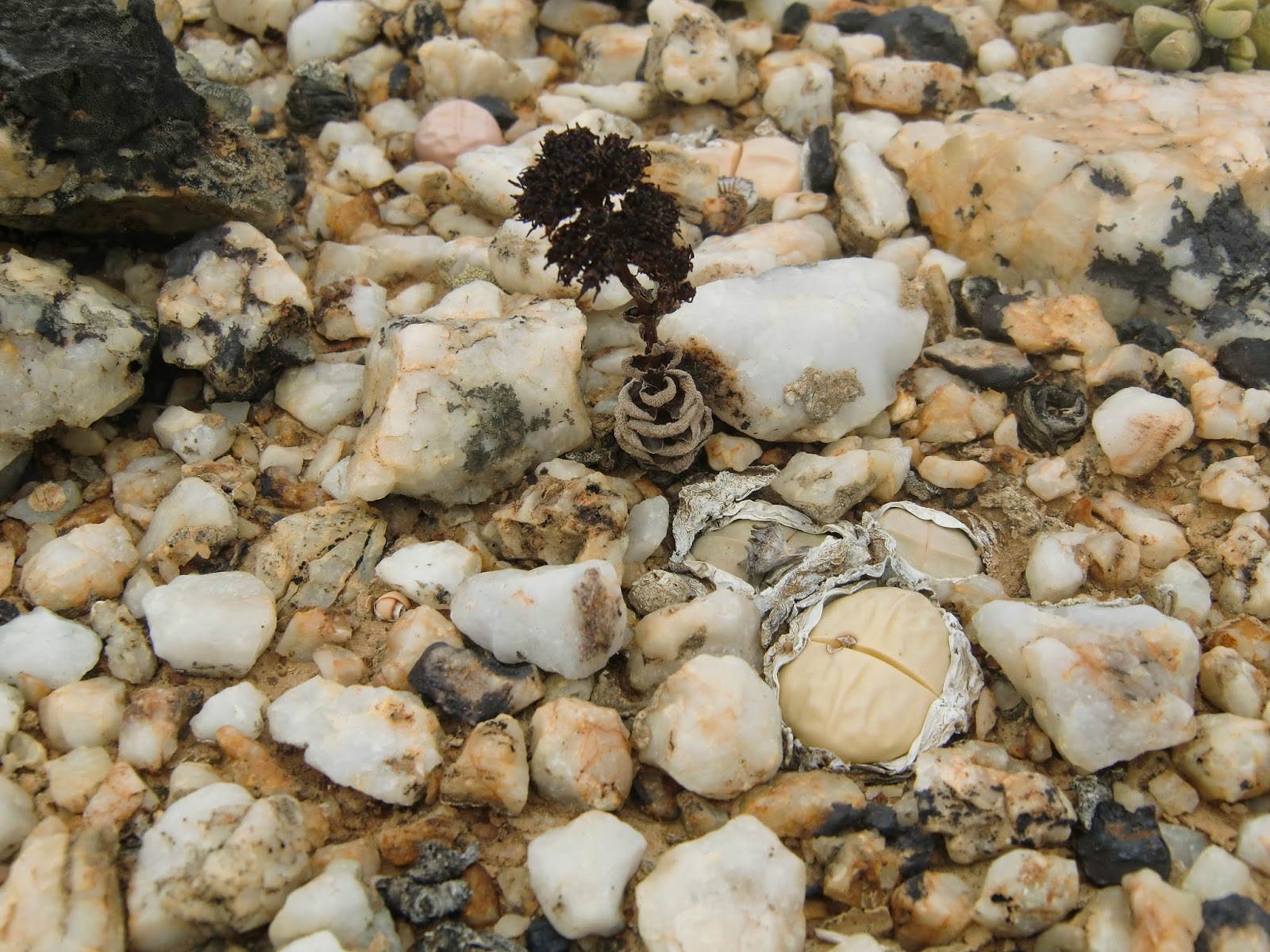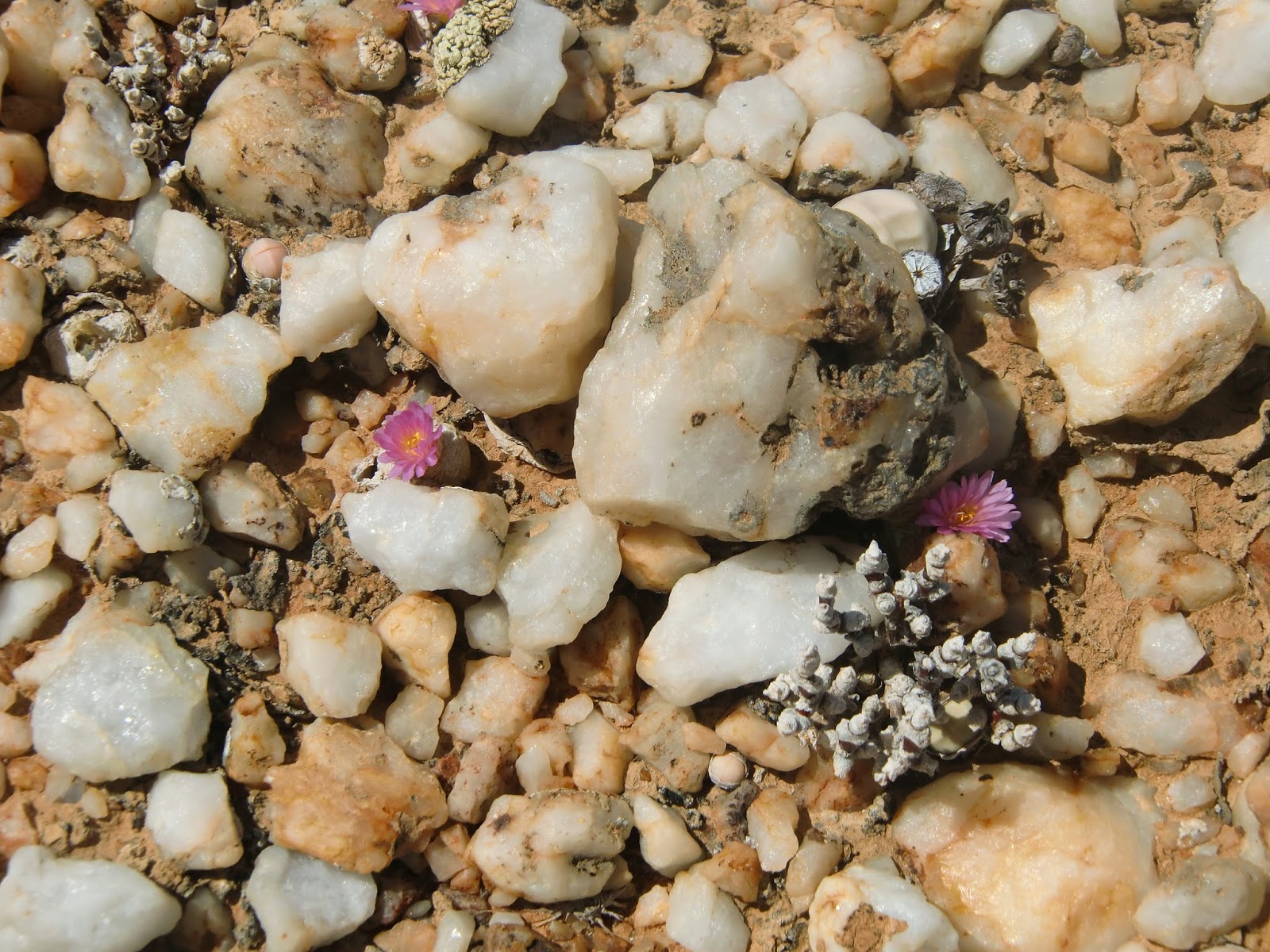It is a problematic question in just about any language. At least, for me it is. Plus, it is a question one gets asked a lot in the context of studying abroad. The inquiry itself is hard for me, but then the implications of the answer also could be.
Where do I come from is a difficult question to answer. Certainly there is my predilection for complicating just about anything, never
mind the way I revel in being too complicated for politely brief discourse
(exhibit a: this blog). Social intercourse (stop snickering, you!) is already a conscious and calculated effort on my part. When this question is asked, I then also have to size up how polite the other person really is, how curious they seemed to be, and how much time either of us have.
For starters, there are varying shades of “from” in both English and
Afrikaans (and do not get me started on that language’s prepositions).
Waar kom jy vandaan? (Where are you from?)
Waar het jy grootgeword? (Where did you grow up?)
War is jy gebore? (Where were you born?)
Waar woon jy? (Where do you live? - as in a permanent residence)
Waar bly jy? (Where do you stay? - as in where you currently reside)
I suppose I should be grateful that these languages have the flexibility to cover my life history. The fact that each of these questions exists shows that I am in a world where the answer to each need not be the same thing. That is good. The world is an expansive place in which one can move about and accumulate experiences.
Where I was born (in the suburbs of Chicago) is very different from my home (in Joshua Tree), which is amazingly far from where I grew up (in Guam) and even farther from where I currently lay my head to sleep (in Rondebosch). Throw in times spent in Ohio, Wisconsin, San Francisco, Santa Cruz, and Brisbane (and then the shorter vacation-type visits) and it can be a lengthy conversation about me (admittedly one of my favourite topics). Actually, that may be the most concise summation I have ever achieved...
While studying abroad both in Australia last term and South Africa presently, I have acquired a new adjective that I rarely had ever used previously. I am an American.
Besides certain nationalist (or patriotic, if you will) sentiments (please do not play that song "Proud to Be an American"...), I generally grew up with that being a fairly un-PC term. I am from the United States. I am a US citizen. America, as a term for the US, was always rather exclusionary to Canada, Mexico, and the numerous other countries that also occupy the continents collectively named America. It is impolite to exclude these others who reside on an American continent from being American (this is not a polemic on national borders, just a musing on language). In Guam, we never referred to America. We called it the States. In Hawaii, it was called the Mainland.
I was not raised in the mainland United States (or even within the 50 states of the USA). This gave me a rather outsider's perspective on things. We
could not vote for US presidents, but we had neighborhood polling stations for
elections in Palau, Japan, and the Philippines. In fact, the first presidential
election I could participate in was the failed attempt to elect Al Gore in 2000
(and we know how that turned out).
All in all, I have never been accustomed to referring to myself as American.
Certainly I am a US citizen and reside within the States/USA/USofA/etc. But
American seems too broad a term.
However, the rest of the world appears to refer to the United States as America. According to some of my classmates here, I am an American. My other classmate is Canadian. When I was in Australia, there was a betting pool among some of the office staff whether I was American or Canadian (thanks to my mongrel accent born in part of the upper Great Lakes states, Guam, and my tendency to pick up components of dialects in which I am immersed). It is an odd adjustment.
I do not have any amazingly insightful conclusions to this. Mostly, it is a way for me to avoid doing the school work I actually have to complete. Hopefully, it can also serve as a heads-up for any other "American" spending time abroad who may find themselves taken aback by the use of the word.





































